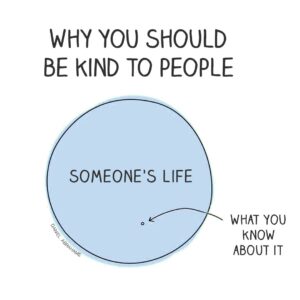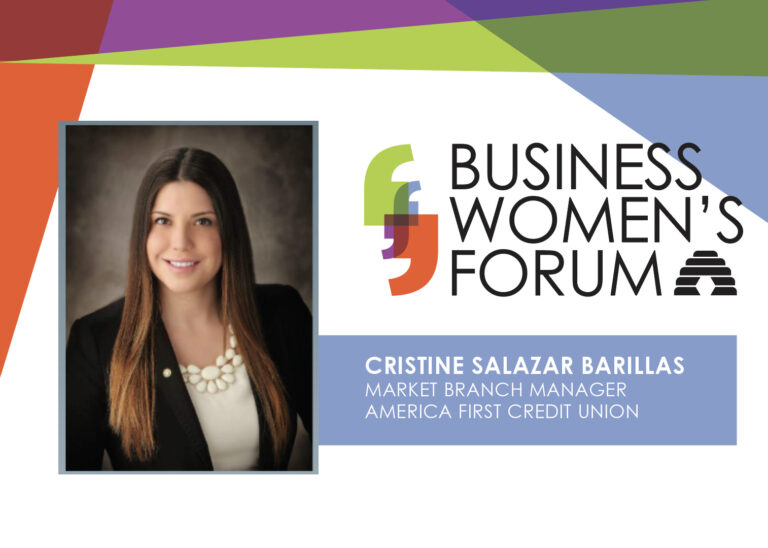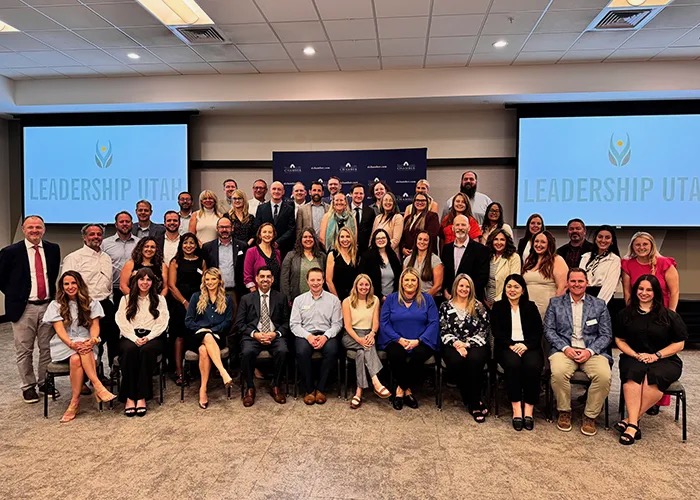A couple of weeks ago, I came across an illustration on social media titled “Why you should be kind to people.” The picture  showed a circle with a small dot inside of it. The circle was labeled “Someone’s life”. On the outside, it stated, “This is what you know about it” and an arrow pointed to the small dot inside the circle. The image reminded me of a recent experience I had. There was a problem that was brought to my attention, and I immediately put a plan in place to remedy the problem. While I was working towards resolving this issue, I made a comment about the stranger involved that was purely an assumption on my end. A few days later, someone unexpectedly gave me information they had learned about this individual which made me regret my initial comment. Although I was never face to face with this individual nor does this individual know who I am or what I said, I immediately felt guilt, sadness, regret, and shame. I realized that someone who makes assumptions about others and their lives is not who I am and not the person I want to be.
showed a circle with a small dot inside of it. The circle was labeled “Someone’s life”. On the outside, it stated, “This is what you know about it” and an arrow pointed to the small dot inside the circle. The image reminded me of a recent experience I had. There was a problem that was brought to my attention, and I immediately put a plan in place to remedy the problem. While I was working towards resolving this issue, I made a comment about the stranger involved that was purely an assumption on my end. A few days later, someone unexpectedly gave me information they had learned about this individual which made me regret my initial comment. Although I was never face to face with this individual nor does this individual know who I am or what I said, I immediately felt guilt, sadness, regret, and shame. I realized that someone who makes assumptions about others and their lives is not who I am and not the person I want to be.
My experiences have taught me to be more compassionate and more empathetic towards others. I have been in management for over 10 years. I have seen employees go through their own personal struggles and I’ve cried with them, cheered them on, and celebrated big wins with them. If any of you, like me, have fallen into the trap of making assumptions and judgments about others, let me tell you why you should care about being kind:
Being kind is healthy for you
Acts of kindness have been linked to improved physical and mental health. People who are kind and give to others tend to be healthier and live longer. Kindness has been shown to increase self-esteem and improve your mood. It can decrease blood pressure and cortisol, a hormone that directly impacts your stress levels. Being kind also boosts serotonin and dopamine which are neurotransmitters that give you feelings of satisfaction and well-being. Exercising kindness increases social connections and nurtures positive relationships which are essential for good mental and emotional health.
Remember, being kind isn’t only about being kind to others. It is very much about being kind to yourself too. I recently had the opportunity to hear someone speak regarding kindness. The speaker encouraged us to look in the mirror every day and say good things about ourselves and refrain from thinking or saying negative comments about ourselves. He stated that if it was unacceptable for someone to talk to a loved one the same way we talk to ourselves then we should not do it. I challenge you to do the same. Be kind to yourself. When we are kind to ourselves, it is easier for us to be kind to others.
Kindness leads to success in business
Kindness plays a significant role in achieving success in business. When individuals experience acts of kindness, they feel valued, appreciated, and supported. These feelings lead to a greater sense of happiness. When you have a happy employee, they are more likely to go above and beyond for the people in your organization and its customers. This leads to increased customer satisfaction and reduces the likelihood they will leave the organization. Reduced turnover saves businesses valuable time and resources associated with recruitment and training. It’s a win-win situation!
Kindness is important as it has the power to positively impact both individuals and society. Acts of kindness can foster empathy, strengthen relationships, and create a more harmonious life and workplace. To help you on your journey of demonstrating kindness, I challenge you to follow and incorporate the 10 tips given by Heather V. Mac Arthur in her article titled “Nice People Finish First: How Being Kind Is A Recipe For Success In Business.”
- Be kind to yourself.
- Send a thank you note.
- Lead with gratitude.
- Deal with issues early, often, and openly. Be direct, be kind, get to the point, solve the issue and move on.
- Commit to seeing the whole person vs the one or two things they don’t do well.
- Be a positive gossiper.
- Don’t announce every error.
- Set boundaries. Kindness isn’t about being a pushover or a people pleaser. It’s about setting people up for success when working with you.
- Give kind eye contact.
- Practice, practice, practice.
Cristine Salazar Barillas has a unique blend of California and Utah roots. She was born in southern California and has spent equal parts of her life in both States. Cristine pursued her academic journey at the University of Utah, earning both a Bachelor’s degree in Finance and a Master’s degree in Business Administration. Her love for exploration knows no bounds, as she finds great joy in traveling the world, immersing herself in different cultures while savoring diverse cuisines. As a family oriented individual, Cristine finds great joy in spending quality time with her husband and daughters, cherishing every moment together. Cristine works as a Market Manager at America First Credit Union and has been in the financial industry for over 15 years. In addition to her professional commitments, she actively supports and collaborates with her husband in his business ventures.



